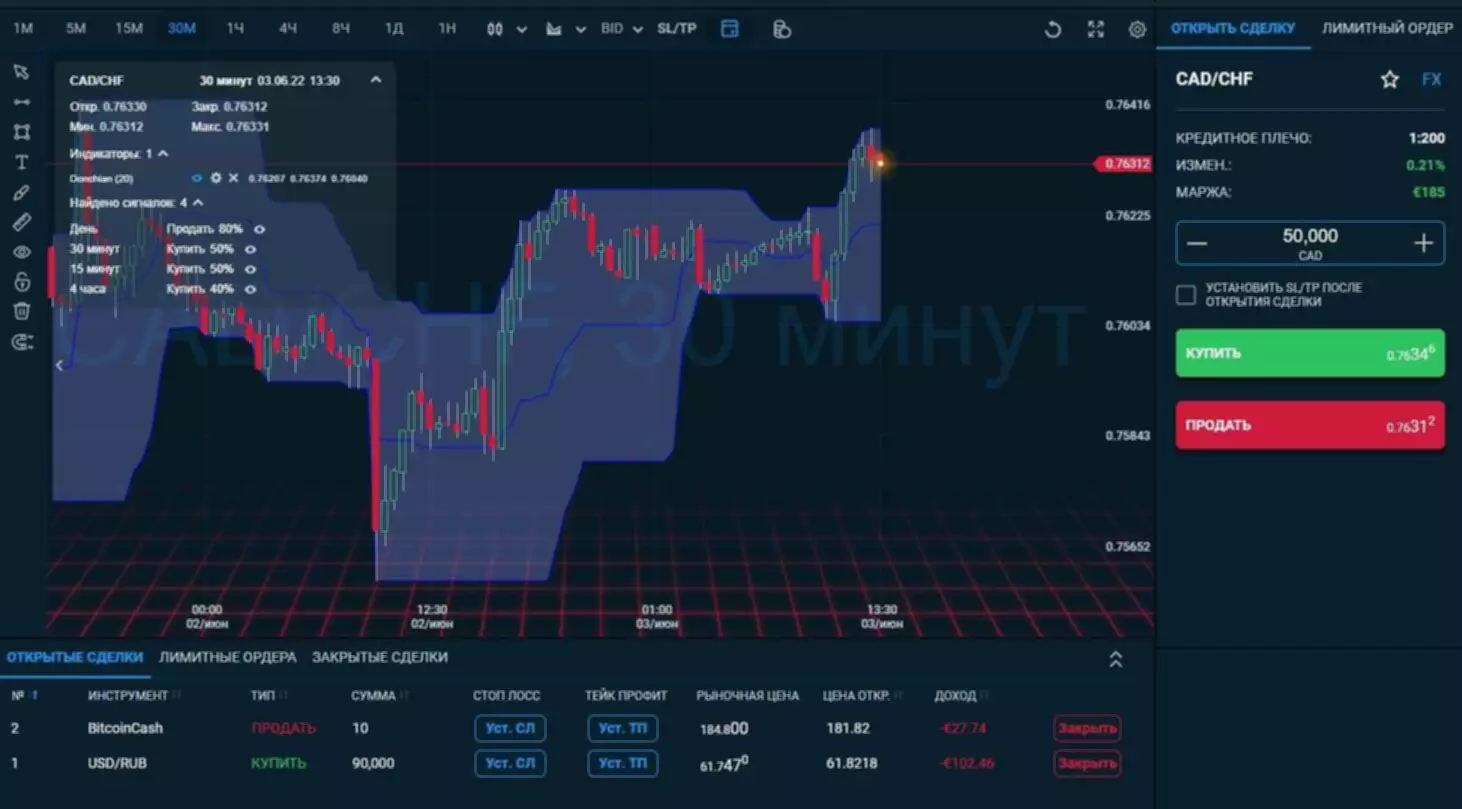Content
Learn more about collaborative CRMs in our guide to thebest collaborative CRM solutions for sales teams. Here, we take a deep dive into what the top collaborative CRMs have to offer. The application not just helps the departments to exchange quality information but also supports the teams. Without collaborative CRMs, it can be too difficult to share customer information between the departments because of their separate working process. Some of the best examples of collaborative CRMs applications are Pipedrive and Copper.
Contact information, purchase history, logged service issues, open enquires, sales opportunities, and even marketing campaigns can be managed with CRM. Collaborative CRM solutions mean that open-source data in the database can be made directly available to customer service, especially for medium and large businesses. Partner relationship management can be easier and more flexible to manage an ecosystem created by managers, vendors, customers, and partners. An operational CRM comes with features available to businesses operating in almost any field.

For example, focusing the sales and marketing teams on the customers best suited to their expertise helps you save time and resources. In this way, you can work more target-oriented and quickly reach the customer portfolio that is most likely to be convinced. Collaborative CRM software is best for team-based environments where multiple departments share data or interact with the same customers. This is especially important for the integration of the marketing, sales, and service teams. Further, with remote and hybrid work more commonplace nowadays, a collaborative CRM is integral in keeping everyone in the loop across time zones. If your sales, marketing and service departments are distributed across several locations, or most of your client interactions occur online, then collaborative CRM is for you.
Analytical CRM
OLAP tools can be used to create reports and graphs, which can then be used to make informed decisions about the future of the business. The output from an online analytical processing system can take the form of graphs, charts, and reports. This allows organizations to keep track of all customer contact, both successful and unsuccessful.

Strategic – this type puts customers first, allowing you to use the information about customers and market trends to make better business decisions. The vast majority of next-generation and versatile CRM systems incorporate the essential elements of all three types. However, choosing the most suitable CRM software for the company’s needs reduces CRM service costs. In this respect, it is crucial to know the type of CRM that best suits your needs and make your decision accordingly.
Having all the information in one tool improves how your company operates. At the same time, there’s less chance of “losing” a deal, or miscommunication between departments. Collaborative – here, the emphasis lays in the way you can interact with your vendors and distributors based on shared customer data. Take full advantage of the data you collect about your customers and prospects. Opt for an operational CRM if you need to streamline your overall process and dedicate more time to selling and building client relationships. There are plenty of cloud CRM solutions that information technology novices can employ.
B2B CRM vs. B2C CRM
As a result, companies can achieve better results with less wasted effort by optimizing campaigns in real-time. ABM allows businesses to focus their marketing efforts on a specific set of high-value customers, resulting in increased sales and better ROI. Analytical CRM software provides OLAP tools that allow users to analyze data quickly and easily. This type of software is ideal for businesses that need to make quick decisions based on large amounts of data. One way of finding new customers is to explore different sales channels such as direct sales, online sales, affiliate sales etc.
It automates most of these functions and produces visuals that give insights into your business. It’s a great tool especially for small businesses as it’s easy to navigate. This involves providing a great customer experience to boost customer retention and promote your brand. There are different types of CRM software, each of which perform different sets of functions. Because businesses have varying needs for a CRM, understanding which types of CRM software your business needs is important. It’s your own CRM, entirely based on your business needs and objectives.
What is Analytical CRM Used For?
The system also collects detailed history of purchases and product usage, information that makes it easy to see what buying patterns your customers follow. Such information enables you to offer the right products and services at the absolute right time to maximize sales. The other primary benefits include the ability to see which of your potential clients are more likely buy your products or use services. Such prioritization goes a long way in helping you focus your attention and attempt different approaches to the process. Task delegation to the sales team also becomes a greatly streamlined affair as they can be assigned automatically. A great degree of marketing automation is also possible through the integration of email automation systems.
In this article, I don’t cover custom CRM development services, which is basically creating your own, 100% customised tool. Instead, I want to cover the types of CRM in general, so you know what’s possible. If you’re just starting with CRM tools, I want to cover some basics first. Feel free to skip them to read about types of CRM software and some examples available on the market. Data mining, which forms the basis of blockchain networks, allows developing technologies to be used at every stage of business life.
- Employees in all departments can quickly share information and ideas for a more cohesive company.
- One of the CRM software suites on this list with a specific focus towards cost-effectiveness.
- If you are reading this article, that you have definitely come to the right place to receive a go-to guide on CRM solutions.
- If you require legal or professional advice, kindly contact an attorney or other suitable professional advisor.
91% of companies with 10+ employees use CRM software for customer interactions. Learn more about marketing CRM software in our guide to thebest marketing CRMs for sales and marketers, where you’ll find out what the top marketing CRM solutions have to offer. Information provided on Forbes Advisor is for educational purposes only.
Ready to learn more about growing your firm with Lawmatics?
Its most important function, however, is to provide meaningful reports and analytics that actually can be used to help guide business strategy. Marketing and sales intelligence allows a company to get an instant idea of a marketing campaign’s ROI, making it a valuable tool for tracking marketing success and conversion rates to actual paying customers. It also allows for in-depth analysis of how effective the various marketing campaigns are. Operational CRM is useful for companies who need their customer-facing business to be streamlined. It’s been shown to lead to better sales and more loyal customers because of how well it handles that particular job.
Being in one of the most customer-oriented businesses was the push that brought British Airways to profit from a CRM software suite. One of the CRM software suites on this list with a specific focus towards cost-effectiveness. This https://xcritical.com/ attempts to bring expensive CRM functionality within an affordable package to small businesses. Contactually offers a key feature in one-on-one communication with customers and prospects, leading to new avenues in followups.

With collaborative software, your teams can access these files from a centralized location. OLAP tools use data extracted by data warehousing tools and analyze it from different angles. The data could include your budget, customer trends, and customer behavior, giving you the ability to make accurate projections. Data mining involves tracking information about your customers to uncover their trends, patterns, and correlations. This tool uses information collected by data warehousing to identify these patterns. These types of CRM software solutions also simplify data extraction as both current and historical information can be accessed from a single location.
Finally, CRM systems differ in how they are built and how businesses can benefit from them. Here are five types of CRM software you need to know and how you can choose one that fits your business perfectly. You can jumpstart your FowCRM experience for free and access all features immediately with up to two users.
How to choose a CRM for your business?
Depending on how big your company is, and how much you’re willing to invest, you can find a tool for you. There’s every reason for this, as companies are competing to win clients. Customisation Don’t change how you work; let FowCRM adapt to your business needs and improve sales. Read our independent review of the best commercial real estate CRM software, featuring the best use cases for each option.
Any legal analysis, legislative updates or other content and links should not be construed as legal or professional advice or a substitute for such advice. If you require legal or professional advice, kindly contact an attorney or other suitable professional advisor. Collaborative CRM is an alignment of resources and strategies between separate businesses for identifying, acquiring, developing, retaining, and maintaining valuable customers. It is employed in B2B scenario, where multiple businesses can conduct product development, market research, and marketing jointly.
How To Choose From the Various Types of CRM Software
The goal is reaching more prospects, increasing and accelerating conversion rates and keeping customers satisfied and coming back for more. The benefits of an analytical CRM system are in increased business efficiency. Is there less demand for one of your services than you previously thought? The answer may be a little more complicated than “A” or “B” or “C” in that there is no “best CRM” per se. The best for you will depend on your company’s size, budget, and needs—today and in the future.
Should your company’s customer service unit communicate primarily via email or chat? Should your sales team make a point of pursuing one-on-one meetings or phone calls with prospects? These are the kinds of questions that channel management is designed to answer. Analytical CRM is used to help a company sort through all of the data they collect on their customers.
It helps sales teams spend less time on non-revenue-generating tasks so they’ll have more time to spend on building meaningful relationships and closing deals. Operational CRM software supports sales, marketing, service, and back-office teams by streamlining what does operational crm typically support and automating day-to-day operations. Its emphasis on client-facing processes like lead nurturing and upselling overlap with general CRM software, but operational CRMs aim for efficiency in carrying out those tasks through automation.
What is Analytical CRM
These types of CRM software help you manage your customer interactions across various platforms. This enables your teams to better serve the customers and improve customer experiences. If your company is trying to reduce repetitive tasks and streamline its processes, then this is one of the best types of CRM software solutions for you. With marketing automation, your marketing team can focus on business growth rather than repetitive everyday tasks. Operational – this type allows you to better manage your business based on the customer data you collect.


Leave a Reply